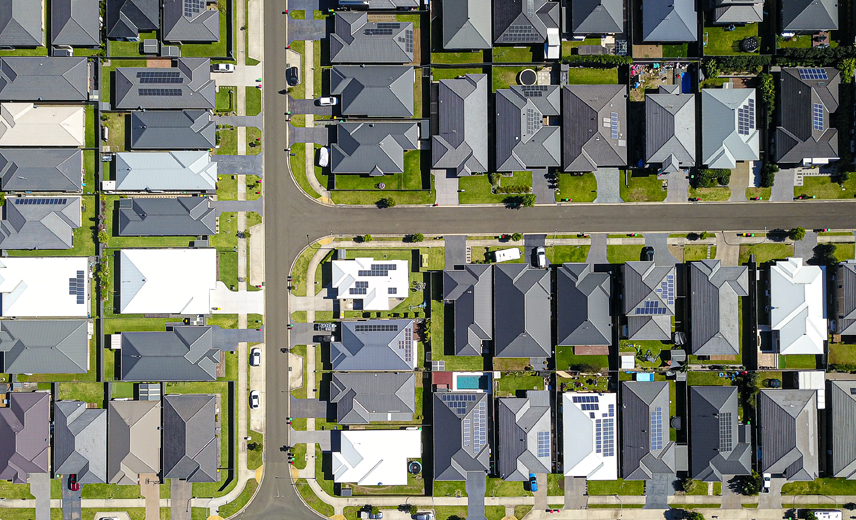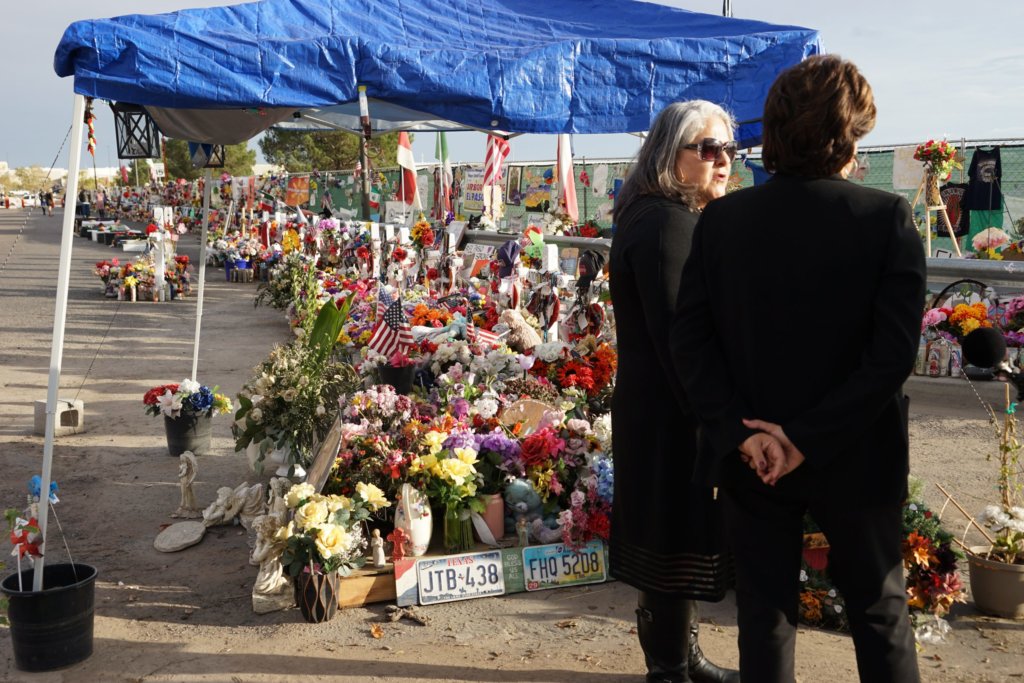Nonprofits put equity back into affordable housing for Latinos
By Stephanie Presch, Content Specialist, UnidosUS
June is National Homeownership Month, and earlier this month, UnidosUS Affiliates in the state of California, participated in a convening to discuss the COVID-19 crisis and how it had affected housing opportunities in the state.
One discussion centered around how nonprofit organizations can take action by creating housing opportunities as developers of affordable homes.
“Our communities aren’t getting their fair share and now we’re being vocal about it,” says Bea Stotzer, CEO of NEWCapital and a founding Board member of UnidosUS Affiliate New Economics for Women.
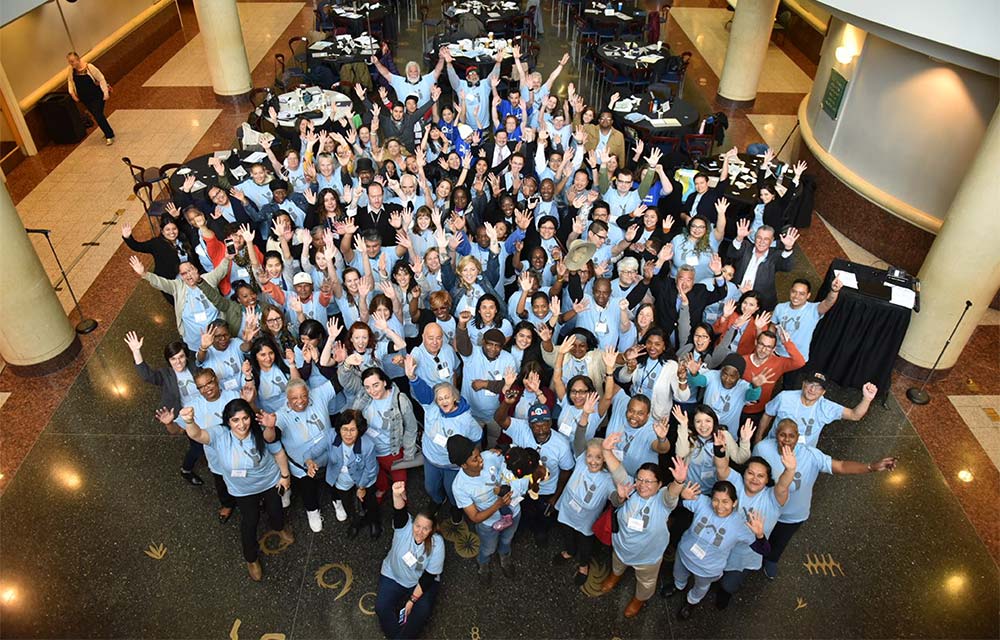
BUILDING BACK UP AFTER THE GREAT RECESSION
Nonprofits trying to pick up the pieces of the Great Recession were, at first, seen as just another developer taking advantage of the foreclosure crisis. “Most of the neighborhood thought we were gentrifying, and we had protests,” Stotzer explains, saying that protesters had believed they would develop high-priced properties and push families out of their neighborhoods.
Stotzer, as well as David Adame, President and CEO of UnidosUS Affiliate Chicanos Por La Causa (CPLC), were part of a nonprofit coalition focused on developing affordable housing in cities across the country.
Adame explains that in 2010, CPLC was the leader of a nonprofit consortium that received a grant from the Neighborhood Stabilization Program (NSP) through the Department of Housing and Urban Development. The grant, at $137 million, was the most amount of money that had ever been awarded to a Latino nonprofit coalition.
Through the NSP program, local governments and organizations—including a nonprofit consortium led by Chicanos Por La Causa—received funding to rebuild neighborhoods devastated by the Great Recession, including developing housing that was affordable to families living in those neighborhoods. The NSP was intended to transform blighted neighborhoods into affordable spaces for working families to live. The second phase of the program, known as NSP2, allowed nonprofit groups to receive funds to develop affordable housing and revive entire neighborhoods.
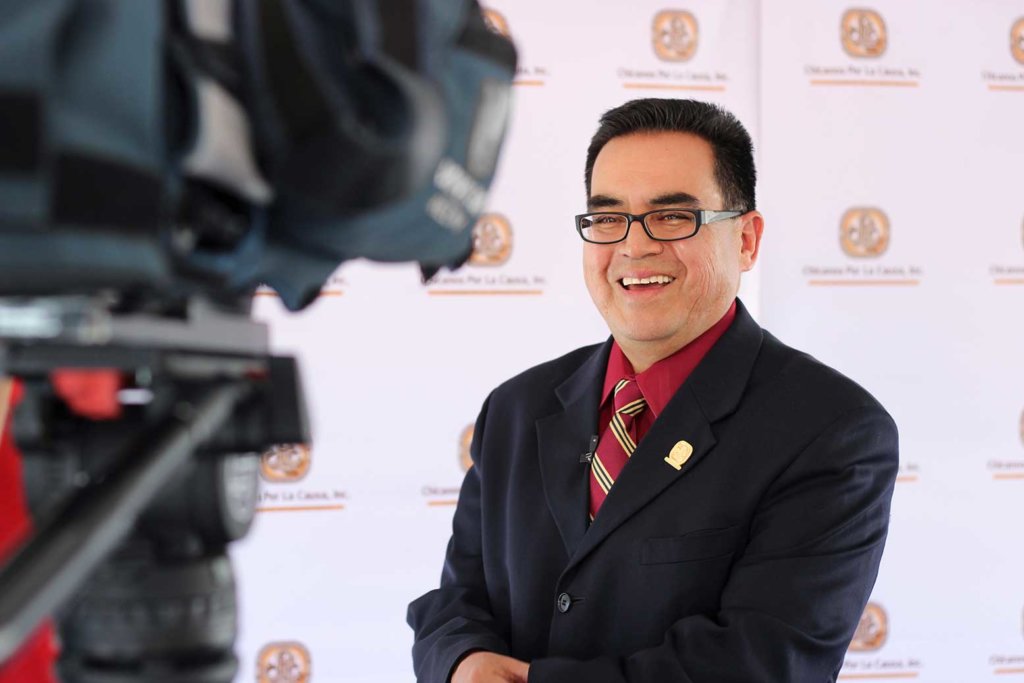
DEVELOPMENT WITH AN IMPACT
Stotzer explains that in their role of developer, they were very focused on neighborhoods in Los Angeles where they could have the most impact. For example, the consortium transformed the Taylor Yard Transit Village and Cyprus Park, which was once among Los Angeles’s most dangerous neighborhoods, located on industrial land considered unusable.
“It was very blighted for at least 50 years,” Stotzer explains.
The neighborhoods where the coalition was invested in Los Angeles were primarily working-class Latino neighborhoods, and Stotzer acknowledges that the city’s investment in the project was minimal.
“They played hardball to make sure that they got paid first,” Stotzer adds, explaining that the city government did not believe that the project would succeed.
One of the important innovations of the NSP2 program was the fact that nonprofits were given a steady line of credit, which gave them the flexibility to innovate. Placing a limit on funding for the development of affordable housing, in expensive and competitive housing conditions like those in California, would have hampered results.
“A unit in Los Angeles costs $780,000 to build to house a homeless family,” Stotzer explains, adding that a cap on funds does not help families who live in high-cost areas like Los Angeles or New York City, as they are unable to do more with less funds.
The nonprofit consortium wasn’t just involved in Los Angeles—it was also involved in Texas, Arizona, New Mexico, Colorado, Illinois, Maryland, Pennsylvania, Washington, DC.
BEING INTENTIONAL
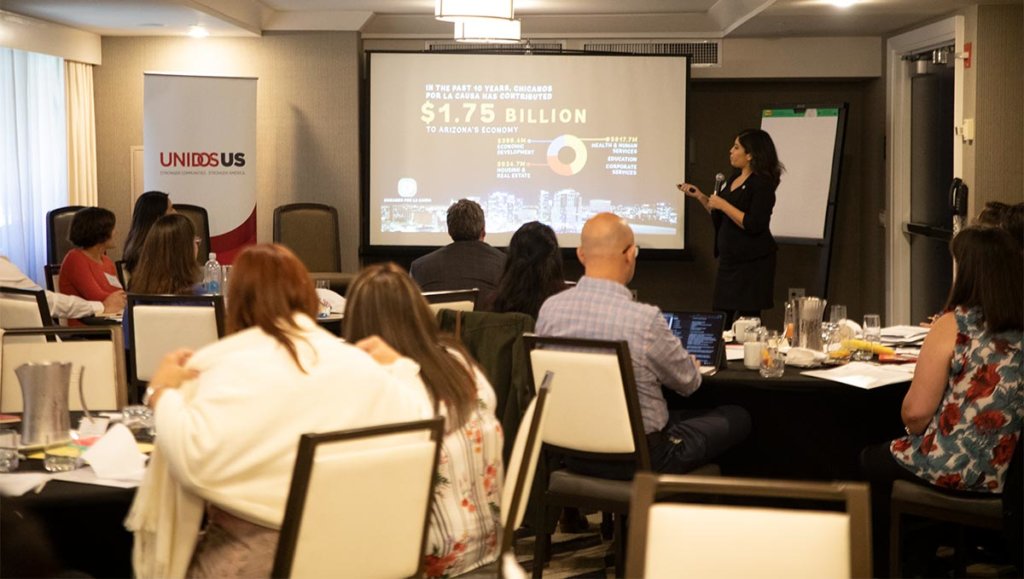
Adame notes that the consortium has been conscious about keeping the initial NSP2 investment going for as long as possible. For example, one of the buildings CPLC owns was recently sold to another affordable housing developer, which netted the organization $18 million.
“We continue to recycle these moneys and create equity and leverage,” he explains, allowing the organization to continue their work even as grant funding ends.
“If you want true impact, you need to go to the people touching those in their community,” Adame says. For example, CPLC recognized the connection between housing and health, including health care outcomes for community members. In response, a partnership with United Health Care has given way to a 500-unit project for United Health Care patients, with easier access to supportive services.
One of CPLC’s first housing developments was in a neighborhood with 435 homes, where only 30% homes where occupied. Through the consortium’s work, homes were refurbished for families and an entire neighborhood was revived, while making sure that families were not pushed out.
In 2015, the project was even visited by then-President Obama, and was the only NSP2 project that he visited while the program was in existence.
UnidosUS is working with members of Congress to increase federal investments in programs similar to the NSP program. Federal programs that support nonprofit affordable housing developers are needed to ensure Latinos have access to an affordable home and remain safely in their homes into the recovery (post-COVID-19). We will continue fighting to ensure that our community has access to safe, affordable homes like all Americans should.

